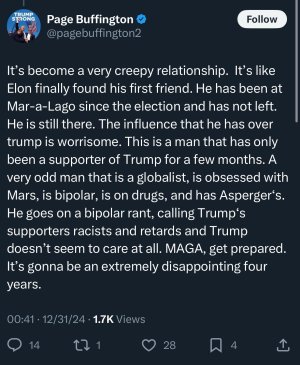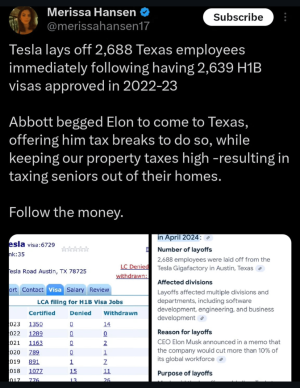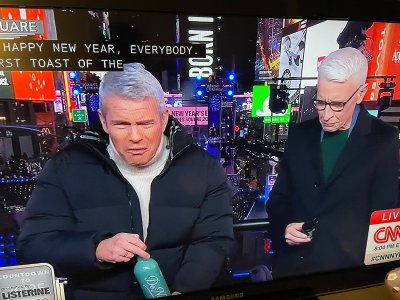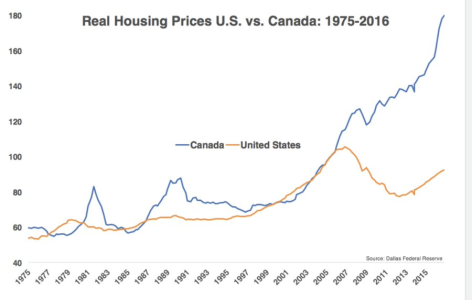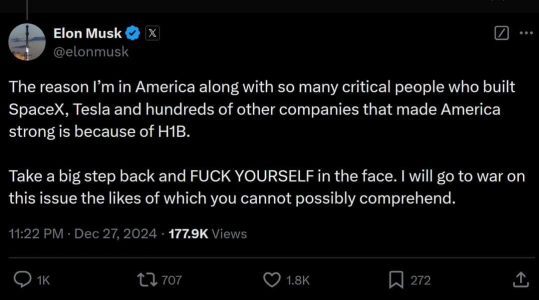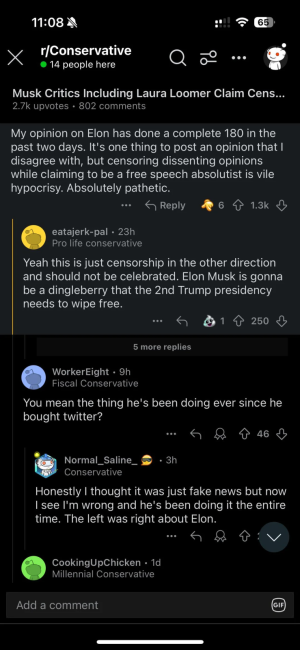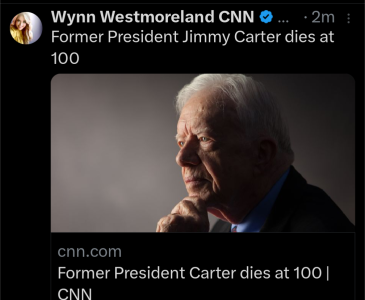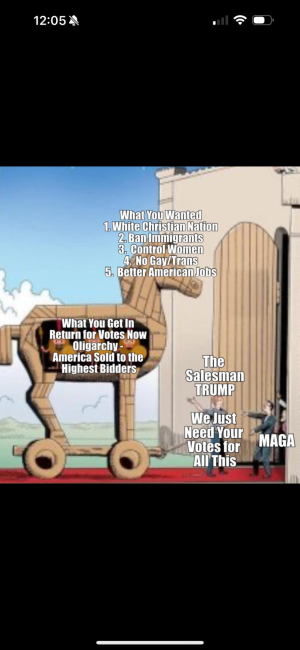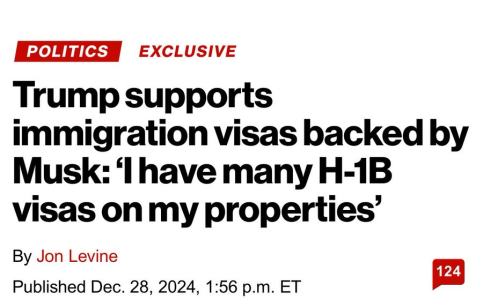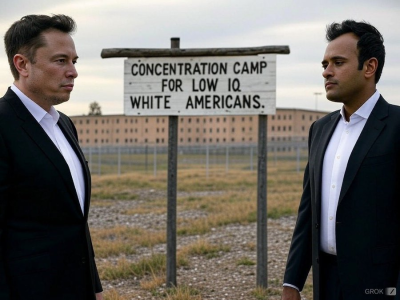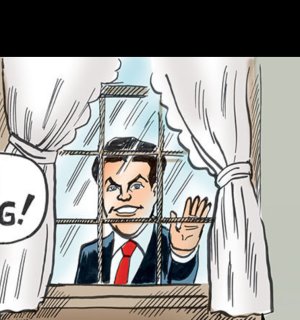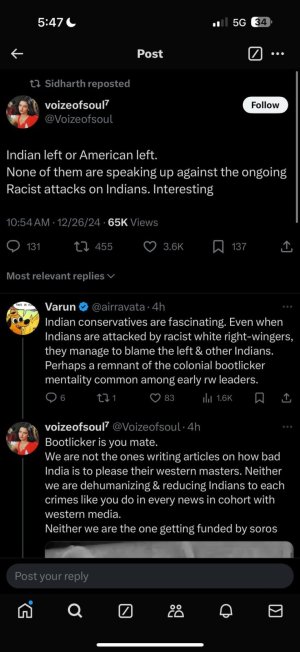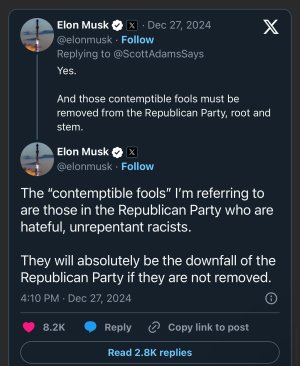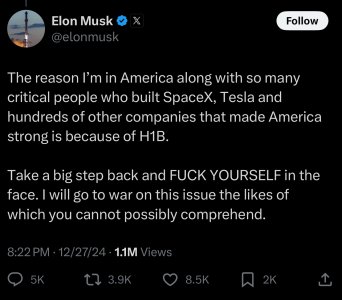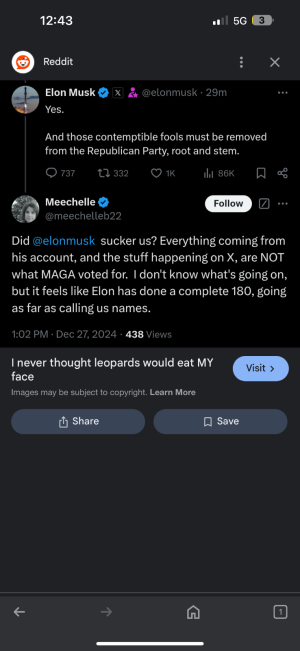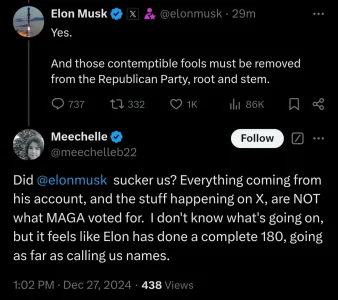- Aug 23, 2019
- 4,761
- 13,107
How is this supposed to happen, exactly? Market forces care about and will prioritize short-term profits over everything. And fossil fuels are still the cheapest thing around. There may be some attraction for the private sector to develop clean energy technology and infrastructure, particularly if they're granted (semi-)monopolies over various products and/or regions, but there's no way that can supplant business as usual in any meaningful sense nor with the kind of urgency needed. And why would that be preferable to the state intervening?
utility scale wind and solar are now cheaper on a per-kWh basis than any other electric generation technology and we have found that we can integrate them into the grid at much higher penetrations (maybe up to 70 or 80%) than we ever thought we could
we could replace a lot of fossil fueled grid power with renewables very quickly if we lowered barriers to entry for renewable generators and especially allow the federal government (rather than states) to site multistage transmission lines
just about the only place in the industrialized world that is out of step on this issue is the United States. even European oil companies are getting wise. the auto makers are transitioning to an all EV fleet, one by one. European cities are moving to allow only EV’s
corporate customers are insisting on zero emission or renewable power in increasing numbers. it is cheapest and it is necessary to prevent enormous harm to millions of people. It may not happen according to the Paris accord/green new deal plan but great progress will happen




















